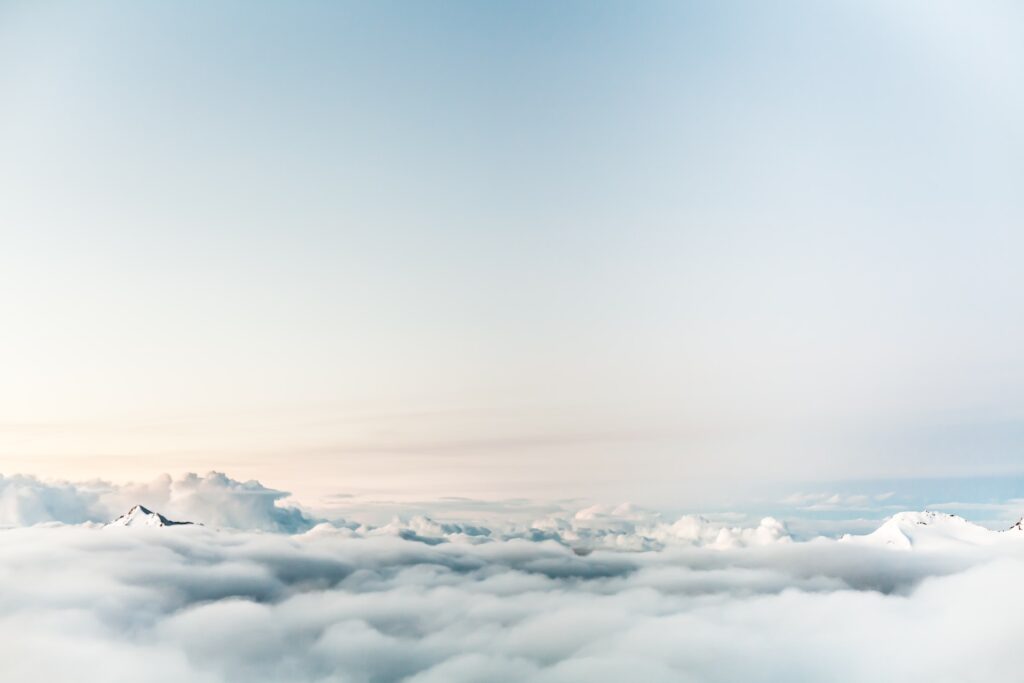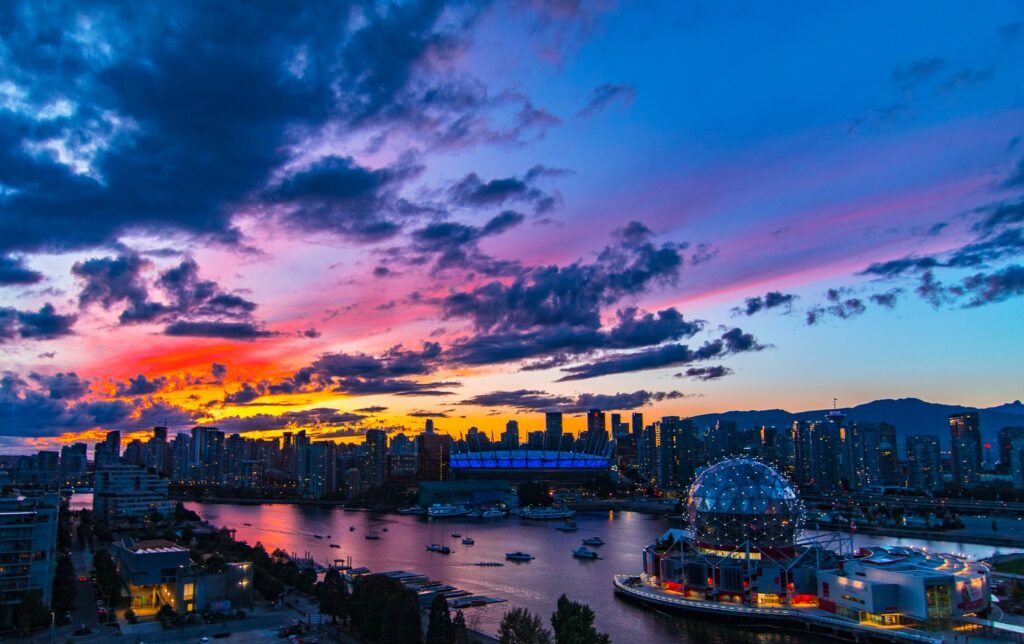
By Erin Leblanc
It was becoming a taboo to travel for leisure.
At the time I booked my flight, cases in COVID-19 were dropping. Travelling was becoming more commonplace, so on a whim, I booked a flight to Vancouver, British Columbia. I had always wished to go to B.C. I got tired of flatlands and rocky beaches. I wanted to hike mountains, surf in pacific waves, and ski on real ski hills. So, when I got an offer to stay with a friend in Tofino for a week, I took the chance.
Unfortunately, by the time my flight rolled around, cases had spiked again. After much research, a longing for a break, and urging from my friends, I decided to go.
Toronto Pearson Airport is the biggest and busiest airport in Canada. There were a few people wandering the large halls with tall ceilings, each with their own stories on why they were traveling during a global pandemic.
I spoke to a young girl as we tried to find our way to our terminal. Her name was Lina. She was flying to London, England, and connecting to Latvia. Her family lived there, and she was excited to visit them. She was nervous though, about the possibility of catching the virus or bringing it to her family.
We parted quickly after our train ride. I usually love the atmosphere of airports, but it was different this time. It had the sterile smell of a hospital. There were no strangers to sit next to or speak to, even once we boarded the aircraft.
I had a row all to myself and was given wipes to sanitize my row. The emptiness made me feel safer, but also strange to feel alone in the large plane.
“It’s been very boring … and sometimes difficult. It’s mandatory to wear a mask for the whole flight, which can sometimes be 15 hours long; it gets a little wear and tear,” Fred Samuel said.
Fred has been a flight attendant with Air Canada for 25 years. He’s originally from Nova Scotia, where he resided in isolation for two weeks, due to a passenger on one of his flights testing positive for COVID-19. I spoke with him about how the job has changed in recent months, and how it feels to be an essential service worker in an industry that is struggling through the pandemic.
“We try to make it as easy on people as possible. It’s hard to be seen as the arsehole all the time. It’s mentally and physically draining trying to keep everything in check.”
Fred was lucky to have kept his job, as COVID laws cause flights to stop all over the world, but not everyone has been as lucky.
“We’re down to about 20 per cent capacity. That’s for staff and flights, the whole shebang. About 80-90 per cent of flights have been cut. Flights were always full [pre-pandemic], but now we can barely even fill one flight from Toronto to Asia. Most of the flights are for cargo now, because shipments still need to be made. People are flying for necessity now, not too many people are really flying for leisure anymore.”

Photo by Adi kavazovic from Pexels
When I arrived off my flight, it was strange to witness the difference in COVID-19 laws in another part of the country. In Toronto, masks were worn everywhere. Even just to walk down the street, many would wear them as an extra precaution. Arriving in Tofino, things were different. In a small town, not many people wore masks. Most places were open. We were able to do indoor dining, and activities that had been long shut down in Toronto.
It also surprised me that not many people questioned when I said I was from Toronto. I had been tested for COVID-19 leading up to my trip, so I knew I was personally safe, but how did they?
These stark differences were found simply by travelling in my own country. The way that COVID-19 is handled while leaving flights in other countries – even other parts of Canada – also differed.
“I’ve been flying Toronto to Delhi for five to six years. That’s kind of my thing,” Samuel told me. “In India, you have to do a test before leaving, or at the airport when you get there. We are sprayed before we exit the aircraft in Delhi as well, with some sort of chemicals. If I don’t have COVID I’d die from a chemical overdose or something,” he joked.
As for how the aviation industry will progress in the future, that’s still ‘up in the air’.
However, COVID-19 is definitely going to have lasting effects. Fred has worked 25 years; he witnessed the air traffic stop of 9/11, but he says nothing was like this. “This is worse. This is the worst thing that has happened to the industry. Probably even it is worse than 9/11, SARS, MERS, everything combined.”